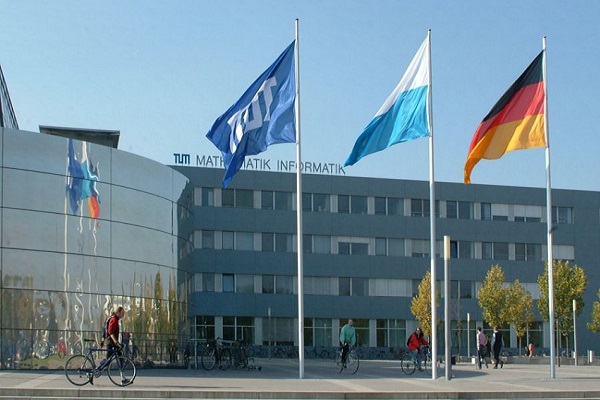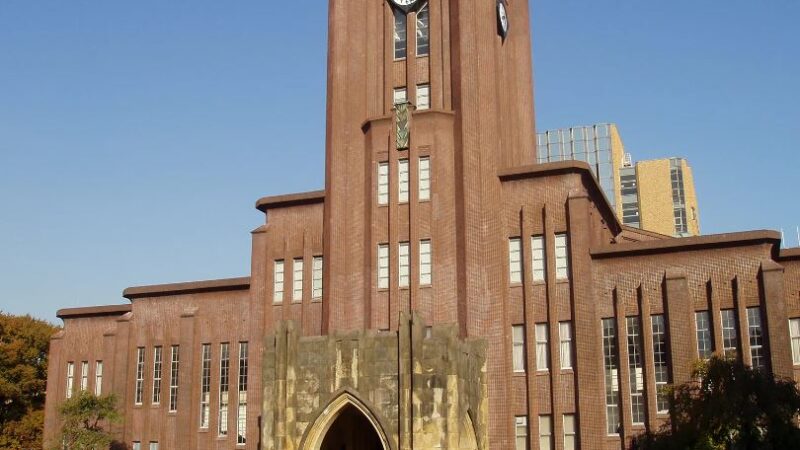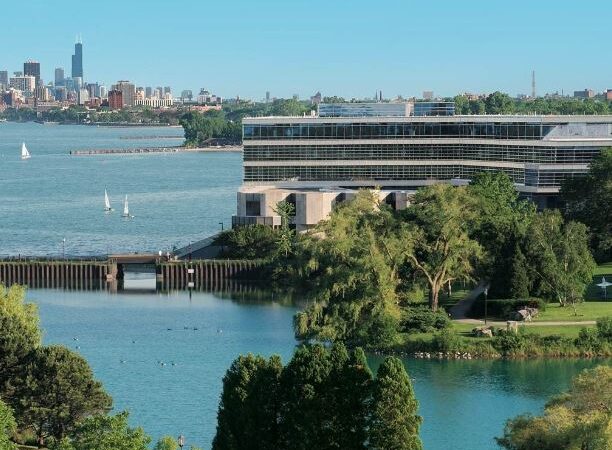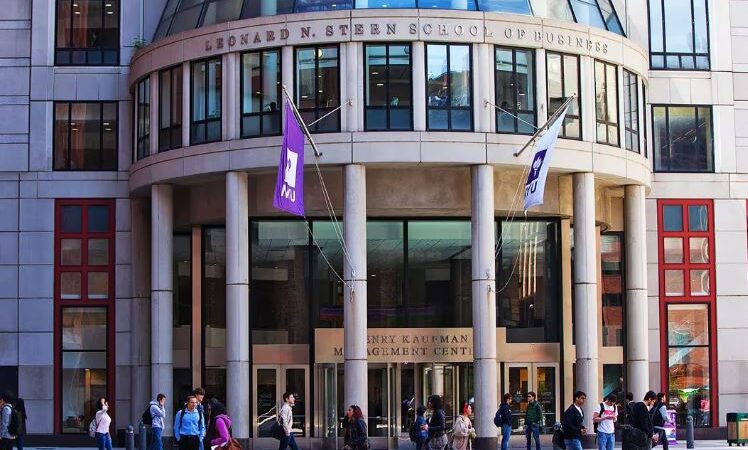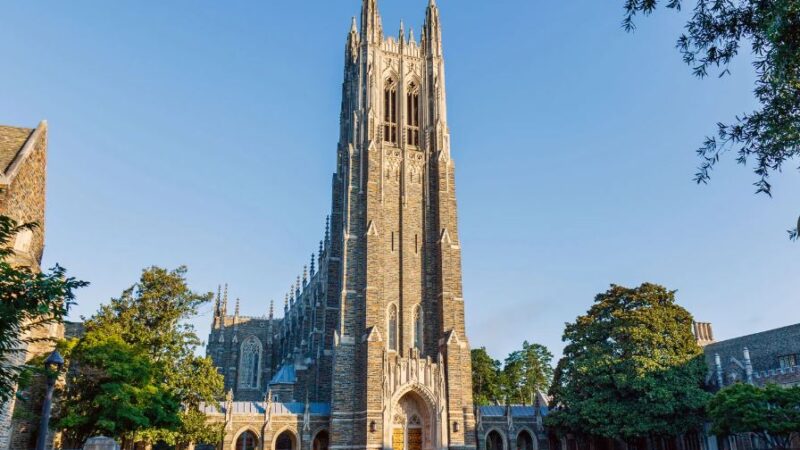The University of Oxford 564
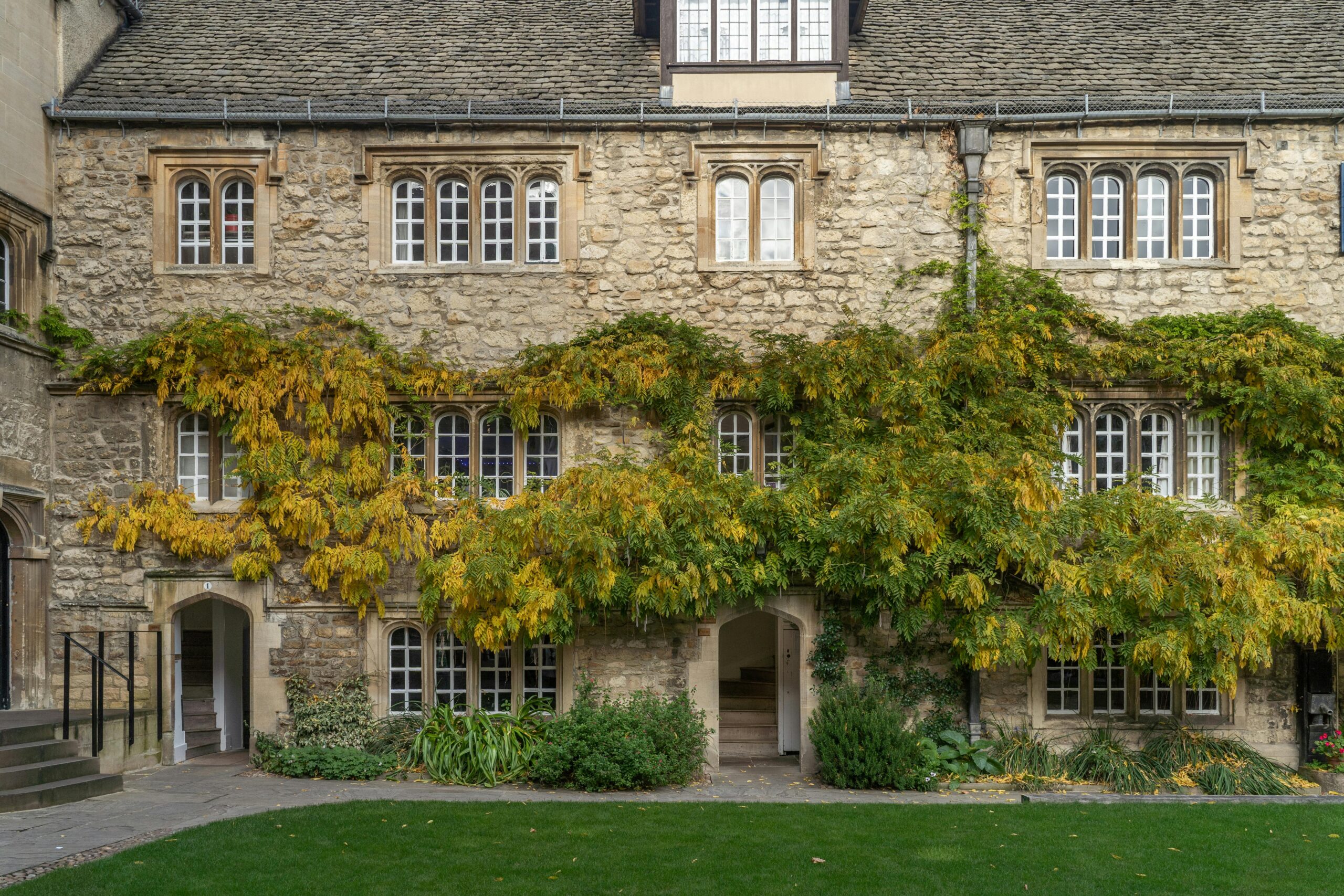
A Legacy of Excellence and Tradition
The University of Oxford, established in 1096, is one of the most prestigious institutions of higher learning in the world. Its rich history, unparalleled academic reputation, and influential alumni have cemented its position as a beacon of knowledge and innovation. This article delves into the multifaceted dimensions of Oxford, exploring its history, academic structure, colleges, notable alumni, and its impact on global education and research.
Historical Overview
Origins and Early Development
The exact date of Oxford’s founding is uncertain, but teaching existed at Oxford in some form as early as 1096. By the end of the 12th century, it had become a notable center of learning, attracting students from across Europe. In 1167, King Henry II banned English students from attending the University of Paris, prompting many scholars to migrate to Oxford. This influx led to the university’s rapid growth and development.
Medieval Expansion
The 13th century saw the establishment of Oxford’s first colleges, such as Balliol, Merton, and University College. These institutions were initially intended to provide housing, meals, and religious instruction to students. Over time, they evolved into centers of academic excellence. The university’s curriculum during this period was heavily influenced by the medieval scholastic tradition, with a focus on theology, philosophy, and the liberal arts.
Renaissance and Reformation
The Renaissance brought new ideas and learning to Oxford. The 15th and 16th centuries saw the introduction of Greek and Latin classics into the curriculum, along with a growing emphasis on the sciences. The Reformation had a profound impact on Oxford, leading to the dissolution of many monastic colleges and the establishment of new ones, such as Trinity College. The university became a battleground for religious and political ideologies, reflecting the broader upheavals of the time.
Modern Era
The 19th and 20th centuries witnessed significant reforms and expansion at Oxford. The University embraced a wider range of disciplines, including the natural sciences, engineering, and social sciences. Notable reforms, such as the 1854 University Act, modernized its governance structure. The admission of women in 1920 marked another milestone, gradually leading to gender parity. Oxford’s reputation continued to grow, attracting students and faculty from around the globe.
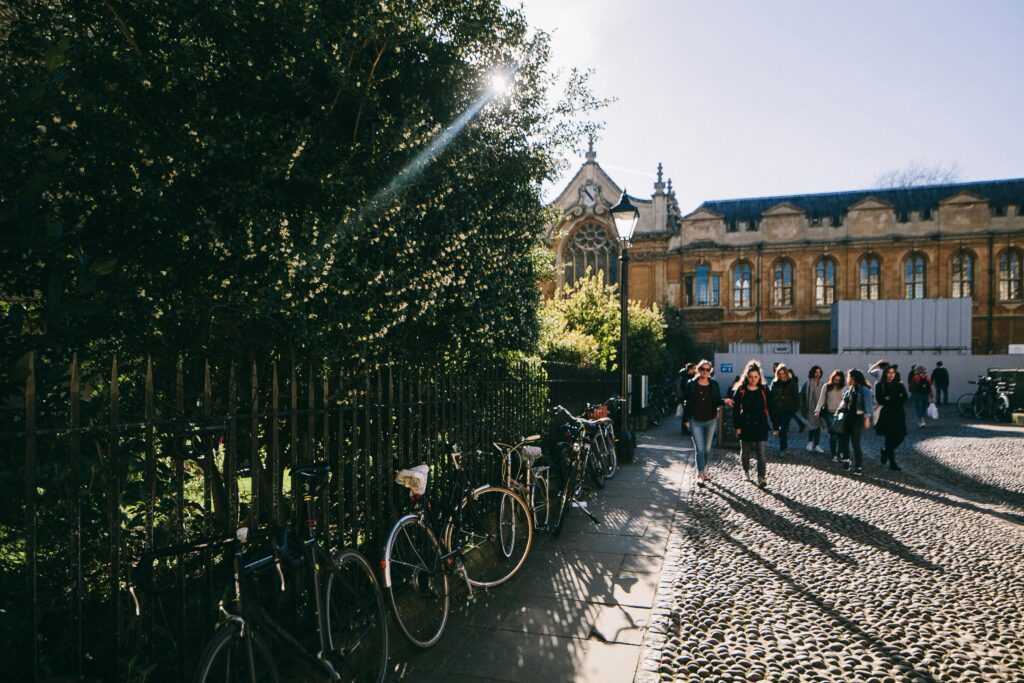
Academic Structure
Faculties and Departments
Oxford is organized into four academic divisions: Humanities, Mathematical, Physical and Life Sciences, Medical Sciences, and Social Sciences. Each division comprises various faculties and departments, fostering interdisciplinary collaboration and research.
Humanities
The Humanities Division encompasses disciplines such as history, literature, languages, philosophy, and theology. It is known for its rigorous scholarly standards and influential research. The Faculty of Classics, for example, is renowned for its work in ancient history and classical literature.
Mathematical, Physical and Life Sciences
This division includes departments such as Physics, Chemistry, Mathematics, and Computer Science. Oxford’s contributions to scientific research are substantial, with many groundbreaking discoveries and innovations originating from its laboratories.
Medical Sciences
Oxford’s Medical Sciences Division is at the forefront of medical research and education. It includes the prestigious Nuffield Department of Clinical Medicine and the Department of Oncology, both of which are involved in cutting-edge research and clinical trials.
Social Sciences
The Social Sciences Division covers a wide range of disciplines, including Economics, Politics, Law, and Anthropology. The Blavatnik School of Government and the Saïd Business School are part of this division, providing world-class education and training to future leaders.
Colleges
Oxford’s collegiate system is a unique feature that distinguishes it from other universities. The university comprises 39 autonomous colleges and six permanent private halls, each with its own administration, endowment, and traditions. This system fosters a close-knit academic community, promoting intellectual exchange and personal development.
Notable Colleges
- Christ Church: Founded in 1546 by Henry VIII, Christ Church is one of Oxford’s largest and most prestigious colleges. It has produced 13 British prime ministers, more than any other Oxford college.
- Balliol College: Established in 1263, Balliol is known for its academic rigor and progressive values. It has a strong tradition of political activism and social justice.
- Magdalen College: Founded in 1458, Magdalen is renowned for its stunning architecture and beautiful grounds. It has a strong emphasis on the sciences and has produced numerous Nobel laureates.
- All Souls College: Unique in having no undergraduate students, All Souls is dedicated to advanced research and scholarship. It is famous for its highly competitive fellowship examinations.
Notable Alumni
Political Leaders
Oxford has educated a significant number of world leaders and politicians. Its alumni include 28 British prime ministers, numerous international heads of state, and countless government officials.
- Margaret Thatcher: The first female Prime Minister of the United Kingdom, Thatcher studied chemistry at Somerville College.
- Bill Clinton: The 42nd President of the United States was a Rhodes Scholar at University College.
- Indira Gandhi: The first and only female Prime Minister of India studied at Somerville College.
Scientists and Innovators
Oxford’s contributions to science and technology are immense, with many of its alumni achieving groundbreaking success.
- Stephen Hawking: Theoretical physicist and cosmologist, Hawking completed his undergraduate studies at University College.
- Tim Berners-Lee: Inventor of the World Wide Web, Berners-Lee studied at Queen’s College.
- Howard Florey: The Australian pharmacologist and Nobel laureate who played a crucial role in the development of penicillin studied at Magdalen College.
Writers and Philosophers
Oxford’s influence on literature and philosophy is profound, with many of the world’s most celebrated writers and thinkers having studied or taught at the university.
- J.R.R. Tolkien: Author of “The Lord of the Rings,” Tolkien was a professor of Anglo-Saxon at Oxford.
- Oscar Wilde: The renowned playwright and poet studied at Magdalen College.
- Iris Murdoch: The acclaimed novelist and philosopher studied and taught at Oxford, influencing a generation of writers and thinkers.
Research and Innovation
Scientific Contributions
Oxford’s scientific research has led to numerous groundbreaking discoveries and innovations.
Medical Research
Oxford has been at the forefront of medical research for centuries. The university’s contributions to the field of medicine include the development of the first effective treatment for malaria and the pioneering work in the field of genetics. The Nuffield Department of Clinical Medicine and the Oxford Vaccine Group are globally recognized for their contributions to medical science.
Physics and Chemistry
Oxford physicists and chemists have made significant contributions to our understanding of the natural world. Notable achievements include the development of X-ray crystallography by Dorothy Hodgkin, who won the Nobel Prize in Chemistry in 1964. The university’s research in particle physics, conducted at facilities such as the Rutherford Appleton Laboratory, continues to push the boundaries of scientific knowledge.
Humanities and Social Sciences
Oxford’s research in the humanities and social sciences has had a profound impact on our understanding of human culture, history, and society.
Historical Research
Oxford historians have produced influential works on a wide range of topics, from ancient civilizations to modern political history. The university’s Bodleian Library is one of the largest and most important research libraries in the world, housing millions of books, manuscripts, and archival materials.
Economic and Political Research
The university’s research in economics and politics has shaped public policy and academic discourse around the world. The Department of Economics and the Blavatnik School of Government are renowned for their contributions to economic theory and public policy analysis.
Cultural and Social Life
Traditions and Ceremonies
Oxford’s rich traditions and ceremonies are an integral part of its cultural fabric. These traditions foster a sense of community and continuity, linking past and present generations of Oxford scholars.
Matriculation and Graduation
Matriculation is the formal ceremony in which new students are officially admitted to the university. Held at the Sheldonian Theatre, it is a moment of great significance for students and marks the beginning of their academic journey at Oxford. Graduation ceremonies, held in the same venue, celebrate the successful completion of their studies and the beginning of their careers.
May Morning
One of Oxford’s most cherished traditions, May Morning, takes place on May 1st each year. The celebration begins at dawn with the choir of Magdalen College singing from the top of Magdalen Tower. This is followed by festivities throughout the city, including music, dancing, and rowing events.
Student Societies and Activities
Oxford offers a vibrant array of student societies and activities, catering to a wide range of interests and hobbies. These societies provide opportunities for students to engage in extracurricular activities, develop new skills, and form lasting friendships.
Oxford Union
The Oxford Union is one of the world’s most famous debating societies. Established in 1823, it has hosted countless notable speakers, including politicians, authors, and celebrities. Participation in the Oxford Union offers students the opportunity to develop their public speaking and debating skills.
Sports and Athletics
Oxford has a strong tradition of sports and athletics, with numerous clubs and teams representing the university in various competitions. The annual Boat Race between Oxford and Cambridge is one of the most famous sporting events in the world, attracting millions of viewers each year.
Global Impact
International Collaboration
Oxford’s commitment to international collaboration and partnership is evident in its numerous global initiatives and research projects.
Oxford University Press
Oxford University Press (OUP) is the largest university press in the world, publishing thousands of books, journals, and educational materials each year. OUP’s global reach and influence are a testament to Oxford’s commitment to disseminating knowledge and scholarship.
International Research Partnerships
Oxford collaborates with institutions and researchers around the world on a wide range of projects. These partnerships enable the university
